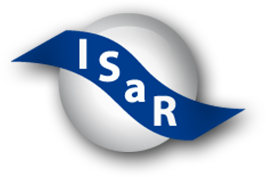Peer acceptance and self-concept of students with disabilities in regular education
empfehlen| Titel: | Peer acceptance and self-concept of students with disabilities in regular education |
|---|---|
| Form: | Aufsatz / Artikel |
| Autor(en): | Sip Jan Pijl |
| Jahr: | 2010 |
| Anzahl Seiten: | 13 |
| Veröffentlicht in: | European Journal of Special Needs Education, Volume 25, Number 1 |
| Seite (von-bis): | 93-105 |
| Auszug: | "This study addresses the relationship between the acceptance of students with disabilities by their peers and their self-concept. Research shows that level of acceptance and self-concept are moderately related. Students with disabilities not accepted by their peers in regular classrooms thus run the risk of developing low self-concept. It is assumed that this does not apply to students with moderate to severe learning disabilities (LD), because they are less able to understand fully their level of acceptance by typical peers. Therefore, they do not experience negative feelings linked to an eventual isolated position and are less likely to develop a low self-concept. In total, 498 seventh-grade students participated in the study, of which 37 were described as having a disability. The data indeed showed a moderate relationship between acceptance and self-concept in the total group. But contrary to expectations, the students with moderate LD showed a marked relationship between peer acceptance and self-concept. For these students meaningful relations with peers are as important as for all students with and without special needs. The results of this study caution parents and teachers of students with moderate to severe LD not to underestimate the relevance for these students of being accepted and having friends in the peer group." |





